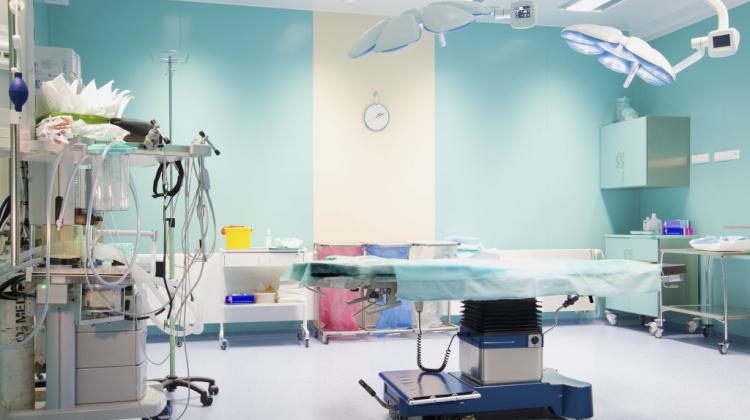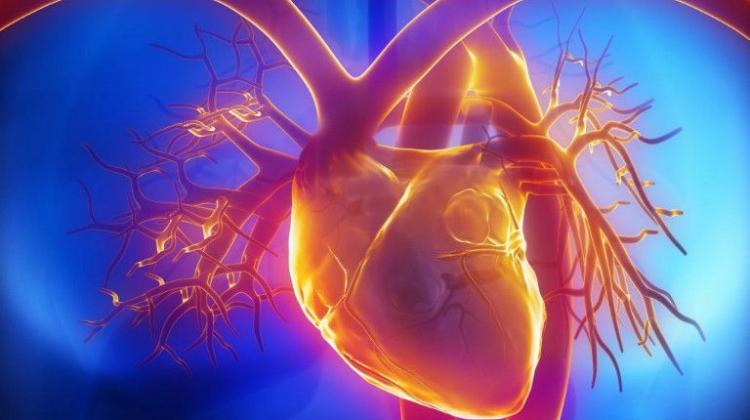Bioprosthetic valve coated with recipient's cells at the earliest in three years

In three years at the earliest first attempts will be possible of implantation of bioprosthetic heart valve coated with recipient\'s stem cells, which is being developed by scientists at the Foundation for Cardiac Surgery Development in Zabrze.
The work on the creation of artificial heart valves, in which the recipient\'s stem cells obtained from the bone marrow are distributed in the biological tissue scaffold of zoonotic or human origin, has been carried out in Zabrze for the last several years.
In principle, this valve should be accepted as the patient’s own organ. This means numerous advantages for the patient, including reduced the risk of calcification and inflammation and greater durability of the valve, which will not need to be replaced so often. As a biological material, the valve implanted into a child can grow together with the patient.
Head of the Department of Bioengineering af the Foundation for Cardiac Surgery Development Dr. Piotr Wilczek told PAP that the research is at the stage of animal testing. Valves are collected from pigs and then "cleaned" of donor cells, so that only the protein skeleton remains. On this skeleton, stem cells taken from the iliac crest of sheep, which then receives valve implant and remains under observation for six months. After this time, the valves are extracted and researchers are studying the impact of half a year functioning in a living organism.
The next stage of animal testing is planned for next year. "It will show how close we are to the clinical application of our valves in humans. It will be possible at the earliest in three years, if everything proceeds according to plan" - said Dr. Wilczek.
Prosthetic valves are implanted to patients suffering from congenital or acquired defects in their own valves. Currently, mechanical and biological valves prostheses are used, but both types have their limitations. In the case of mechanical valves there is the need for long-term anticoagulation therapy. Biological prostheses, based both on material taken from human corpses and animal tissue, carry a risk of calcification and inflammation. Numerous studies and clinical observations show that the average durability is about 15 years old. After this time, many patients need to have the valve replaced.
According to Dr. Wilczek, recipient cells coated valve could eliminate these limitations. "This is an example of developing personalized medicine" - he emphasised.
Department of Bioengineering recently received new laboratories that meet very strict sterility standards, required for such projects. Adaptation of premises for laboratories was carried out with financial support of Górnośląska Spółka Gazownictwa in Zabrze.
PAP - Science and Scholarship in Poland
lun/ ls/ jra/ mrt/
tr. RL
Przed dodaniem komentarza prosimy o zapoznanie z Regulaminem forum serwisu Nauka w Polsce.
















